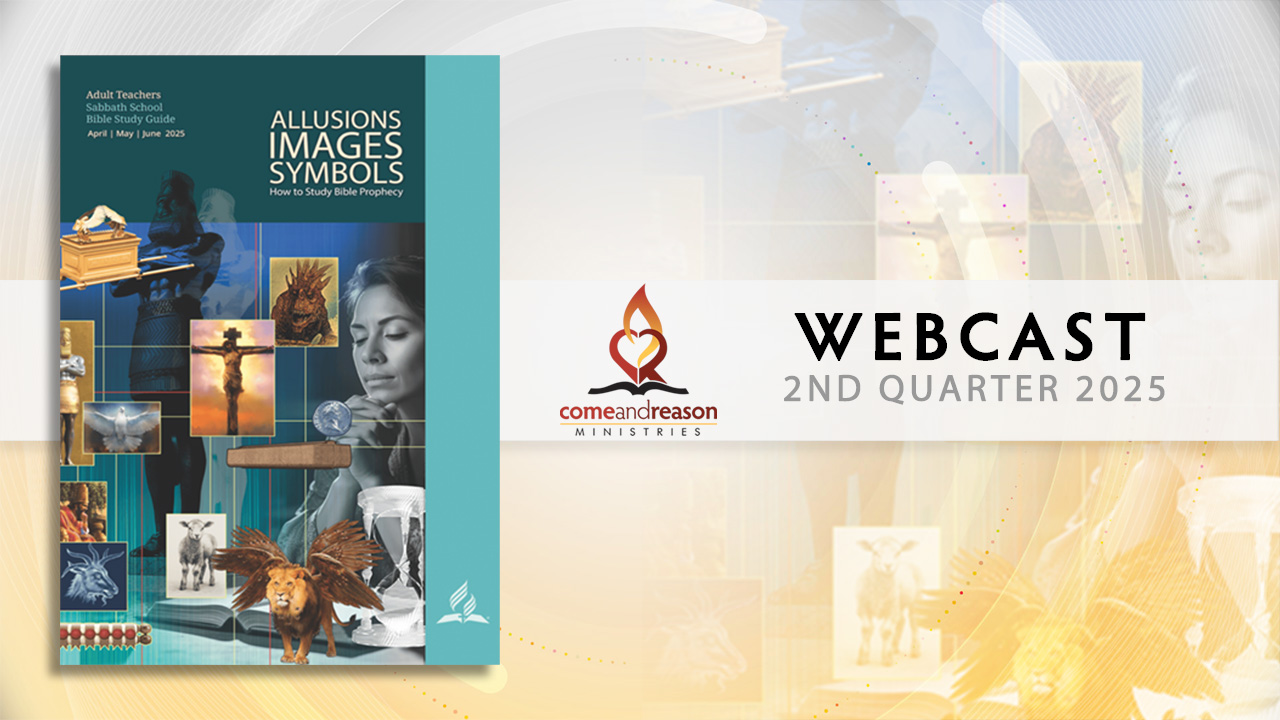“You also, like living stones, are being built into a spiritual house to be a holy priesthood, offering spiritual sacrifices acceptable to God through Jesus Christ.” (1 Peter 2:5 NIV84)
Do you know the difference between a priest of God and a pastor, minister or clergy?
In Old Testament times, the Levitical system was designed to act out in dramatic fashion the plan of salvation. Speaking of ancient Israel, the Bible states, “Now these things occurred as examples to keep us from setting our hearts on evil things as they did.” (1 Corinthians 10:6)
The priests of the Old Testament system, in their white robes, represent those people who are converted to Jesus Christ and have their hearts renewed within. The white robes represent the perfect character of Christ reproduced within the believer in Christ. Thus, those who have been reborn to Jesus are the modern-day priests of God — as the Bible says, “a holy priesthood” — who represent Christ and minister His saving grace to others.
Priests of God are people who know and love God, who have had their hearts renewed in righteousness, and who seek to share God’s love, truth, and healing grace with other people, freeing them from the captivity of sin, fear, and selfishness. The priests are God’s agents who bring others into a healing relationship with God.
Any person of any vocation can be a priest of God. Any person can be reborn, have Jesus live within, be renewed in righteousness, and carry the love and truth of God to others. This includes: doctors, lawyers, nurses, carpenters, electricians, yard workers, waitresses, and cooks, but pastors, ministers, and clergy can also be priests.
But, you might say, aren’t pastors, ministers, and clergy automatically priests? Not necessarily. The role of a pastor, minister, or clergy can and usually does include ministering the love and truth of God to others (which is the priestly function), but the vocation of the clergy is also frequently focused on institutional needs, advancement, promotion, and expansion.
Church institutions can provide great blessings to God’s kingdom and the community at large (e.g. church facilities for community worship, weddings and fellowship, hospitals, Christian schools, missions, orphanages, etc.), but running an institution is not the same as ministering to the soul needs of individuals.
I think it is easier to be a priest of God’s kingdom in any vocation other than the clergy. Why? Because, in other fields, the difference between doing God’s priestly work and one’s vocation is usually plain to see. Mowing a lawn, building a house, removing an appendix, filing a motion in court, or taking a meal order are all distinct from sharing the gospel with other people.
But the clergy may have a more difficult time distinguishing between ministering to souls and the vocation of running an institution, since running the institution is “church work.” The clergy, who having the burden of considering the needs of the institution, are vulnerable to falling into the trap of the priests in Christ’s day who said, in regard to Jesus, “You do not realize that it is better for you that one man die for the people than that the whole nation perish?” (John 11:50)
Sometimes the vocation of protecting the institution runs counter to what is best for an individual soul and a pastor may struggle with what role to fulfill — protect the institution or love an individual soul.
Let’s each of us fulfill the role of priest of God, seeking to minister God’s healing grace to others! And let us pray for our pastors, ministers, and clergy, that they can find the right balance of making wise choices to keep their institutions healthy, while also functioning as priests of God to bring healing love and truth to souls.










 using your credit or debit card (no PayPal account needed, unless you want to set up a monthly, recurring payment).
using your credit or debit card (no PayPal account needed, unless you want to set up a monthly, recurring payment). instead?
instead?